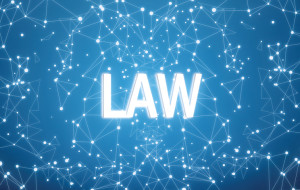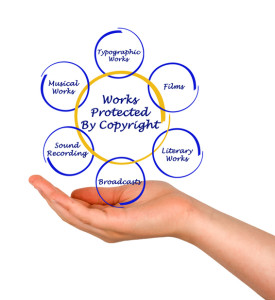Rights to Broadcast Live Sports: Advice & Tips
Viewers crave live sporting events, and sports is one of the most profitable industries in the world. Viewers generally don’t mind paying for subscriptions to TV and online OTT video services to watch their favorite sports teams. Pay-per-view sports has long been one of the most lucrative broadcast live video businesses. And with the massive audiences, sports can drive, advertising can be highly effective as well.
This blog post will look at rules, regulations, and rights around broadcasting live sport. There are various intellectual property considerations to take into account when broadcasting anything.
In this article, we’ll cover who owns the broadcast video, the Right of Privacy, and licensing publicity rights in sports. Then, we’ll finish up with the rights regarding the location where filming took place. With so much on the line, it’s important to know the involved rights to broadcast live sports or stream them.
Also, a note that this post aims to simplify this topic for newcomers to the topic. Unless otherwise noted, this focuses on streaming solutions for a U.S.-based audience.
Who holds the rights to a broadcast live stream?
Anytime you broadcast a video stream, you have the rights for that content. Unless you sign away those rights, all rights belong to you, the broadcaster.


At Dacast, even after your content has broadcast live, the original broadcaster still owns the video and all rights to it. This is one important reason to use a professional streaming solution such as Dacast. All rights for your content remain in your hands, without 3rd-party branding or outside marketing.
The takeaway: to keep all your content rights, don’t use free video platforms. If it’s free, you’re the product.
“Right of Publicity”
The Right of Publicity, sometimes called “personality rights,” protects against unauthorized uses of a person’s name or likeness for commercial purposes. Do note, however, the Right of Publicity can change state to state in the U.S. The law also varies country by country.
In California, for example, photos of crowds, such as public streets or sporting events, are not in violation of the law as long as “no person is singled out.” Any person whose name or image is both singled out and is used to sell products may claim misappropriation of rights.
So, how do you legally use someone’s likeness for broadcast live stream sports events?
Licensing Rights


Typically, any sports team that broadcasts their match requires all players, coaches, referees, and other personnel to sign a licensing agreement with the team or league itself. With this contract in place, the team or league can negotiate directly and collectively with broadcasters around the rights to record and distribute or broadcast live sports.
The takeaway: If you broadcast live sports, know that that it’s your responsibility to ensure licensing agreements are signed and in place.
Professional Sporting Events Broadcast Live
Any business that seeks to broadcast live club or professional sporting events should always seek approval from the league or organization.


Without explicit permission from a sporting league or organization, no one individual has the right to broadcast or stream professional sporting events that are copyrighted and licensed.
The takeaway: Get the proper permissions so that both you and the league can benefit from your business model—legally.
Youth Sports and Legal Rights
Youth sports are increasingly popular. And as streaming solutions become more common, broadcast live stream sports with youth athletes are on the rise as well. But anytime you are dealing with minors as a business, you need to be extra cautious. In particular, what should you know about legal rights and dangers for broadcasting youth sports?


The takeaway: If you are broadcasting commercially, you should always get signed releases and licenses from parents and guardians, as well as from coaches.
Location Rights
Venues in which sports take place are often owned by businesses with their own policies and rights. You need to inform these businesses of commercial activities taking place on their premises, including broadcast live stream sports events.
Before broadcasting in a private place, it is best to ask for and receive permission to do so. Ideally, you should make this request in writing.
Conclusion
We hope that this article has helped clarify some of the legal and copyright issues around broadcasting live sports. When in doubt, ask questions from a legal professional. Make sure you read through policies for the location you are filming. Brush up on any league rules that could affect your broadcasting.
It’s essential to stream with a professional streaming solutions platform to secure all rights to your broadcasts. Not yet streaming with Dacast, and ready to give our platform a try? Sign up below and enjoy all our features free for 14 days (no credit card required)!
For exclusive offers and live streaming tips, you can also join our LinkedIn group. Still have questions, comments, or feedback? Let us know in the comment section below, and we’ll get back to you. We love to hear from our readers!
Note to our readers: this article has been updated as of July 2019.


